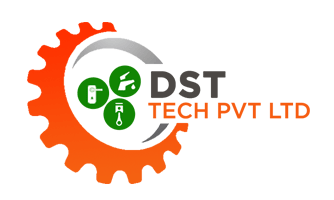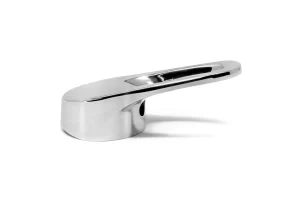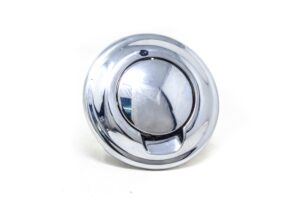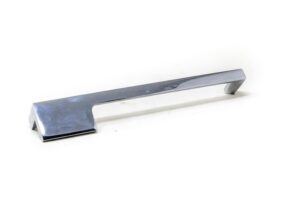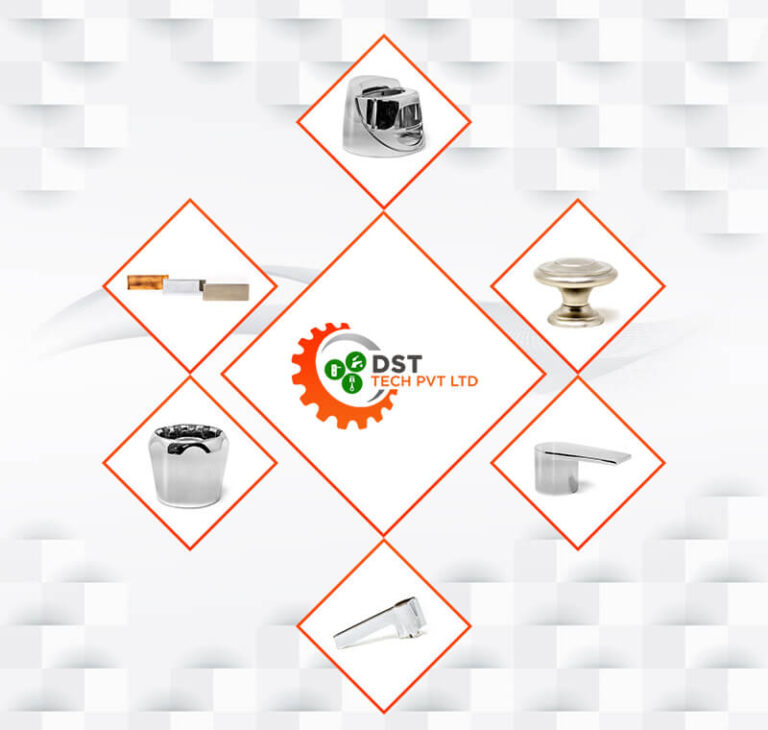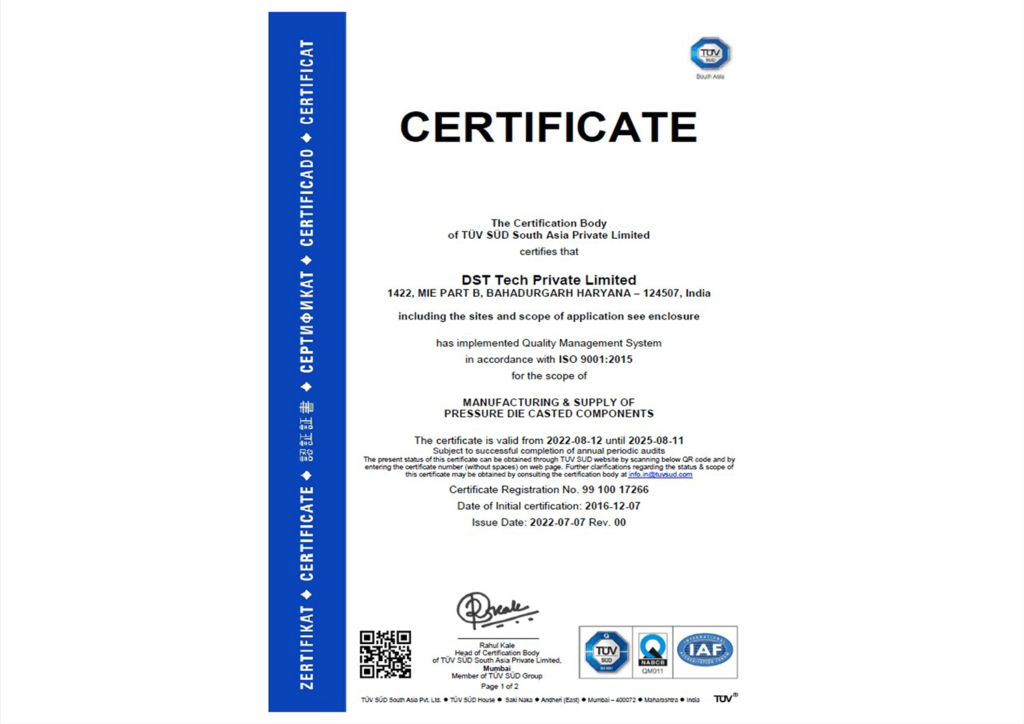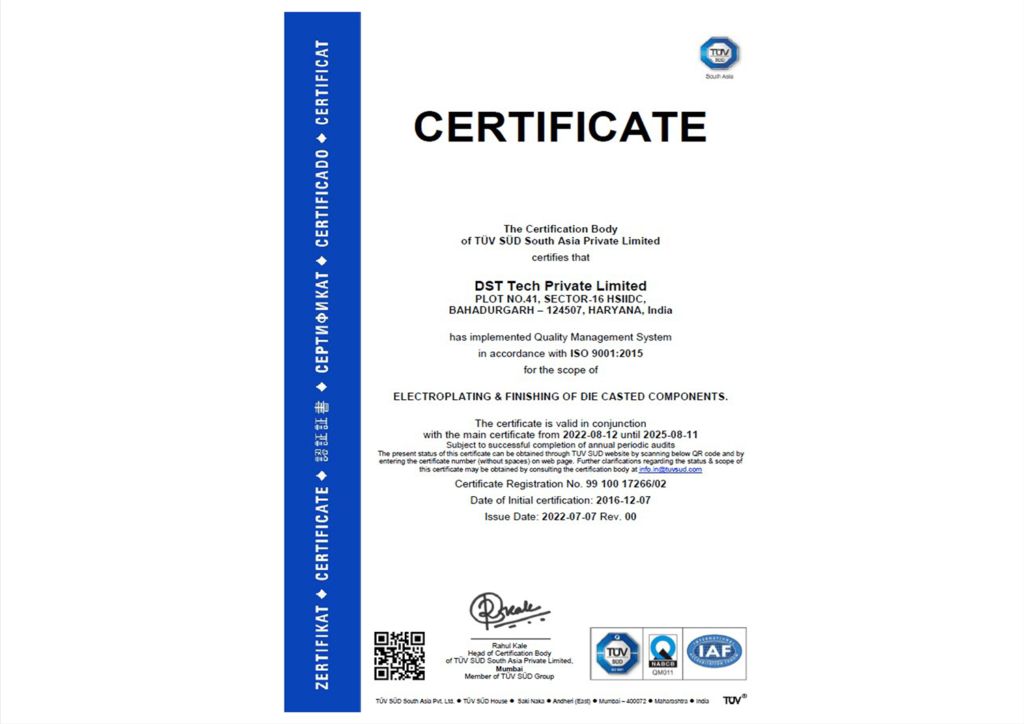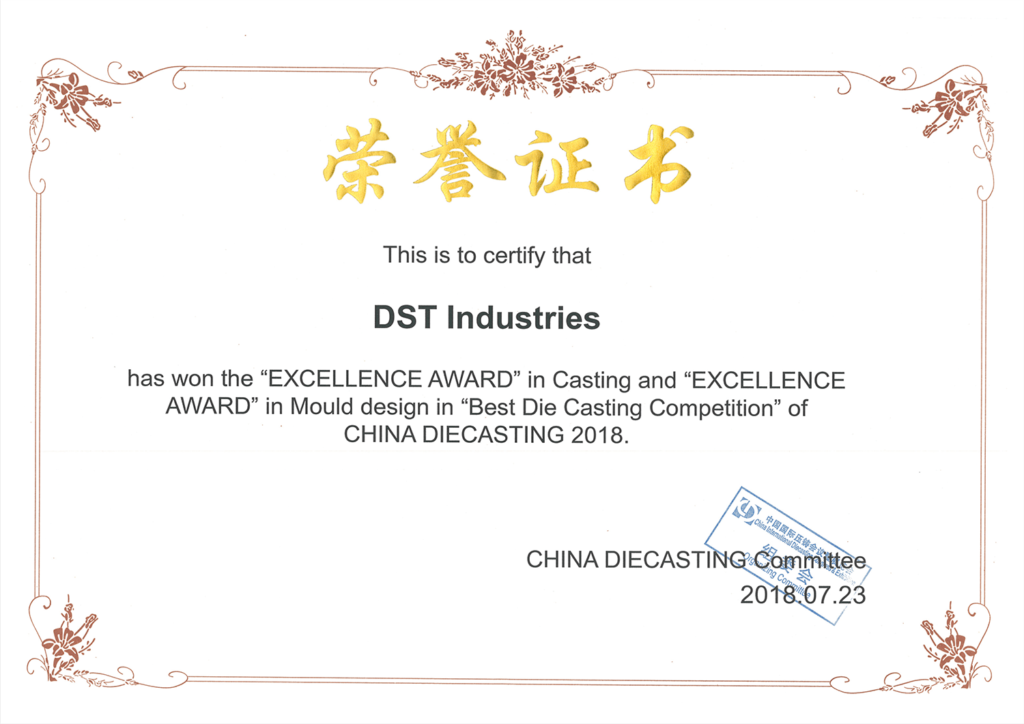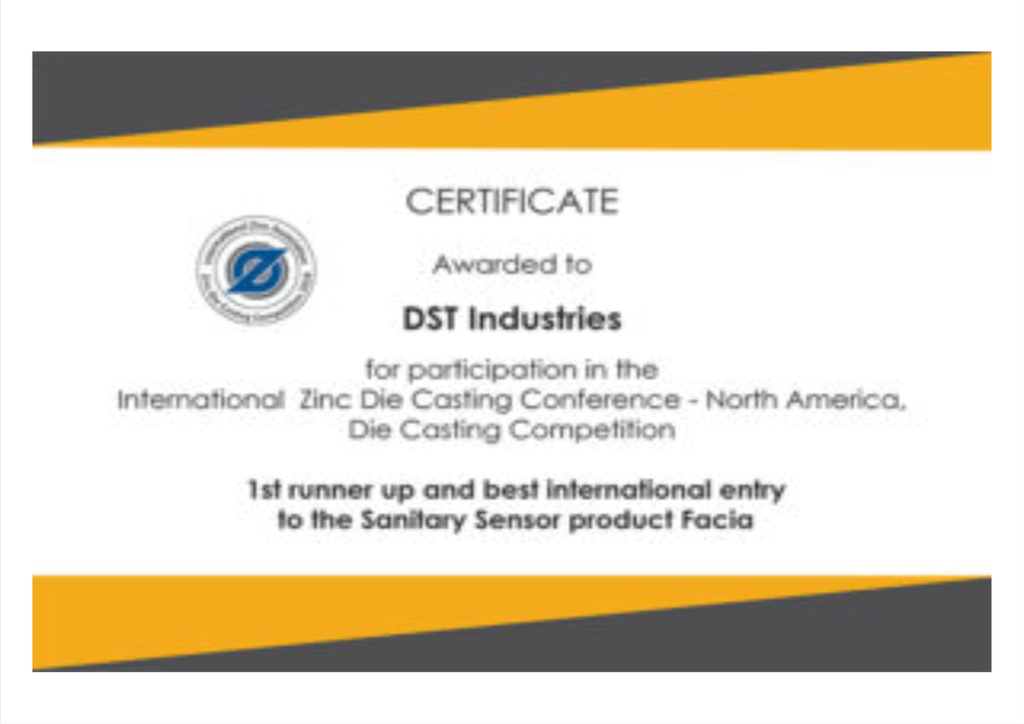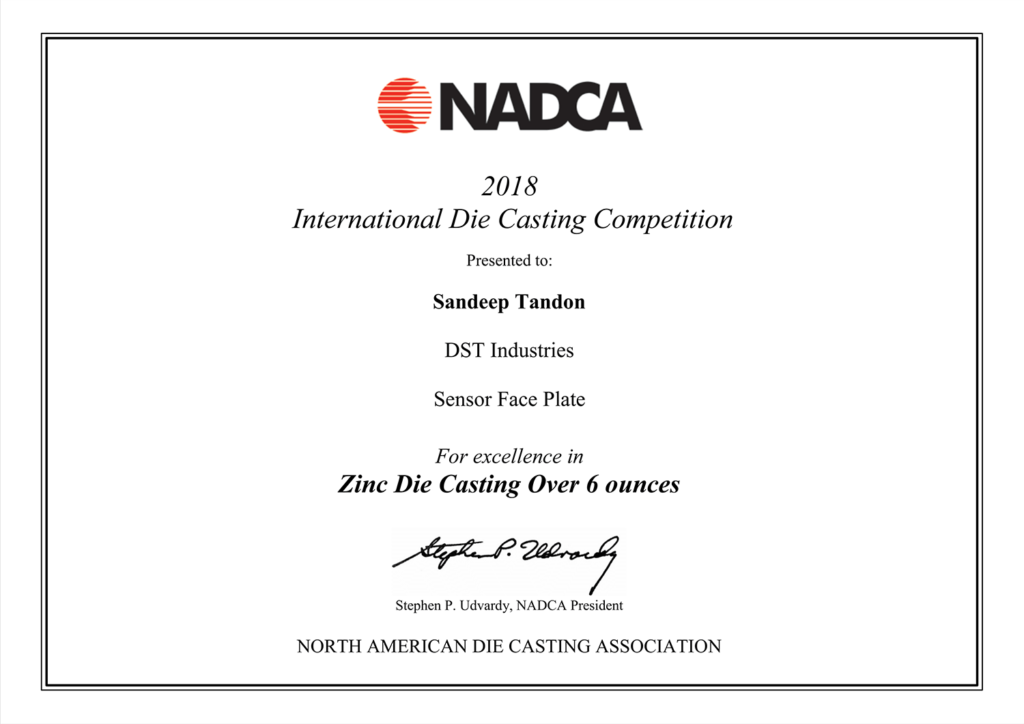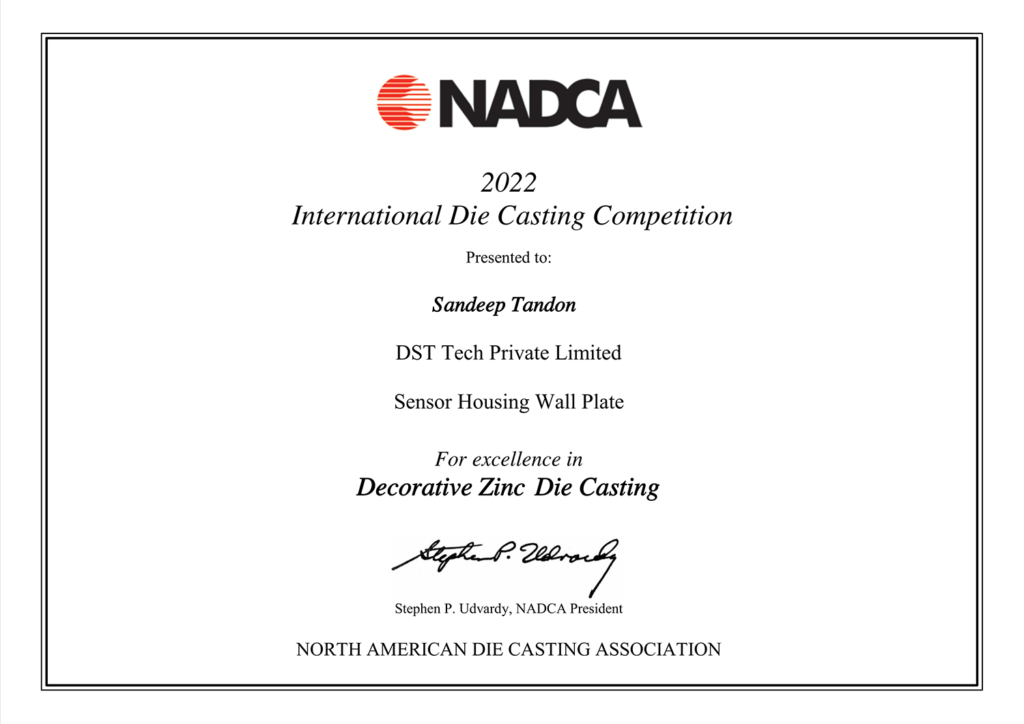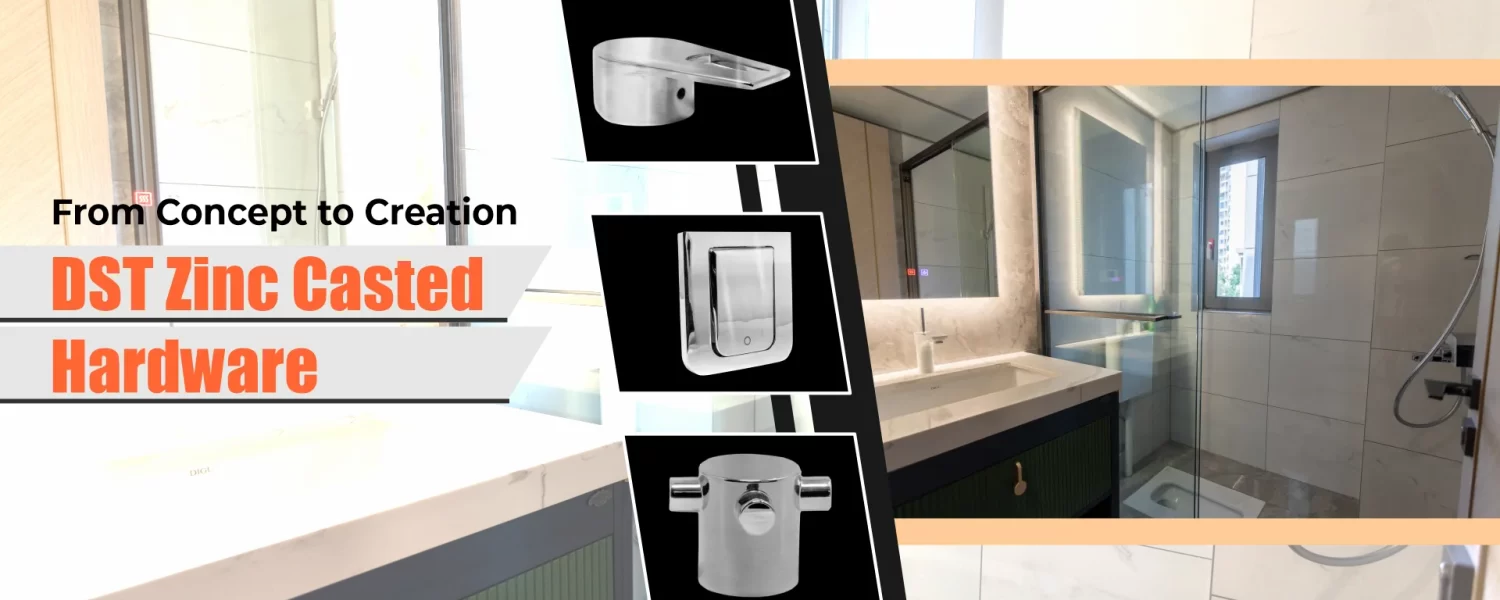
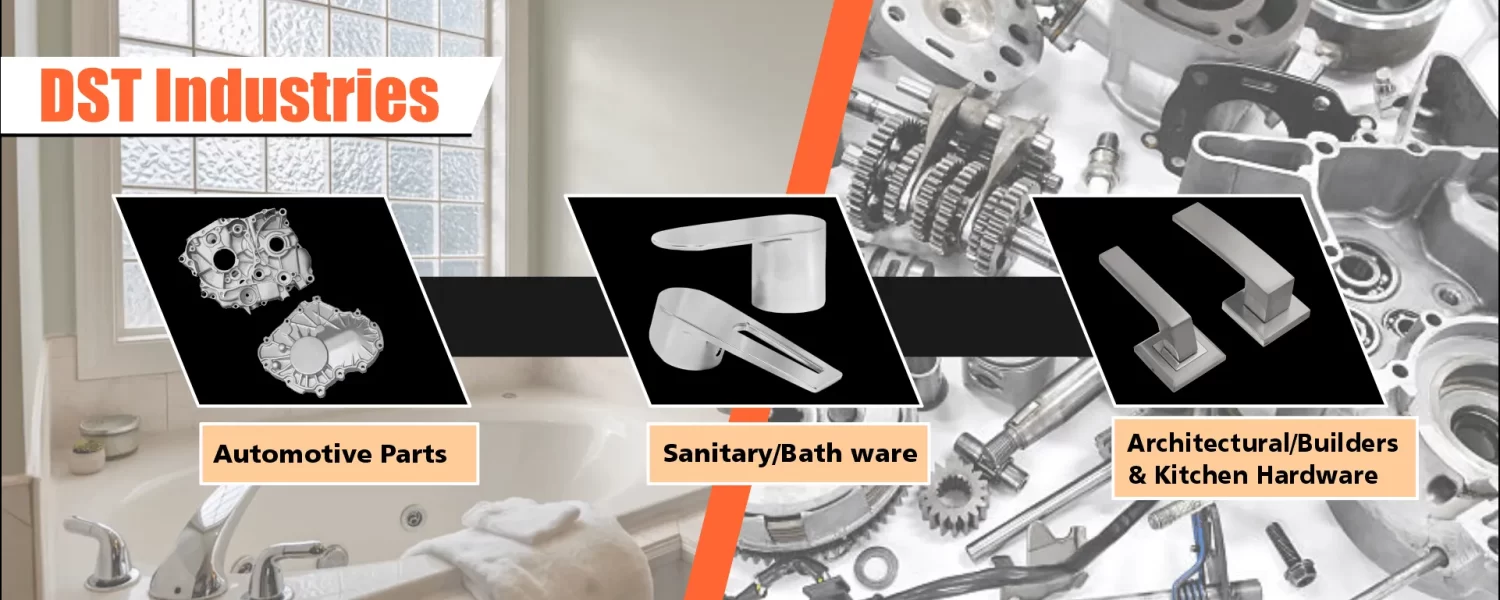
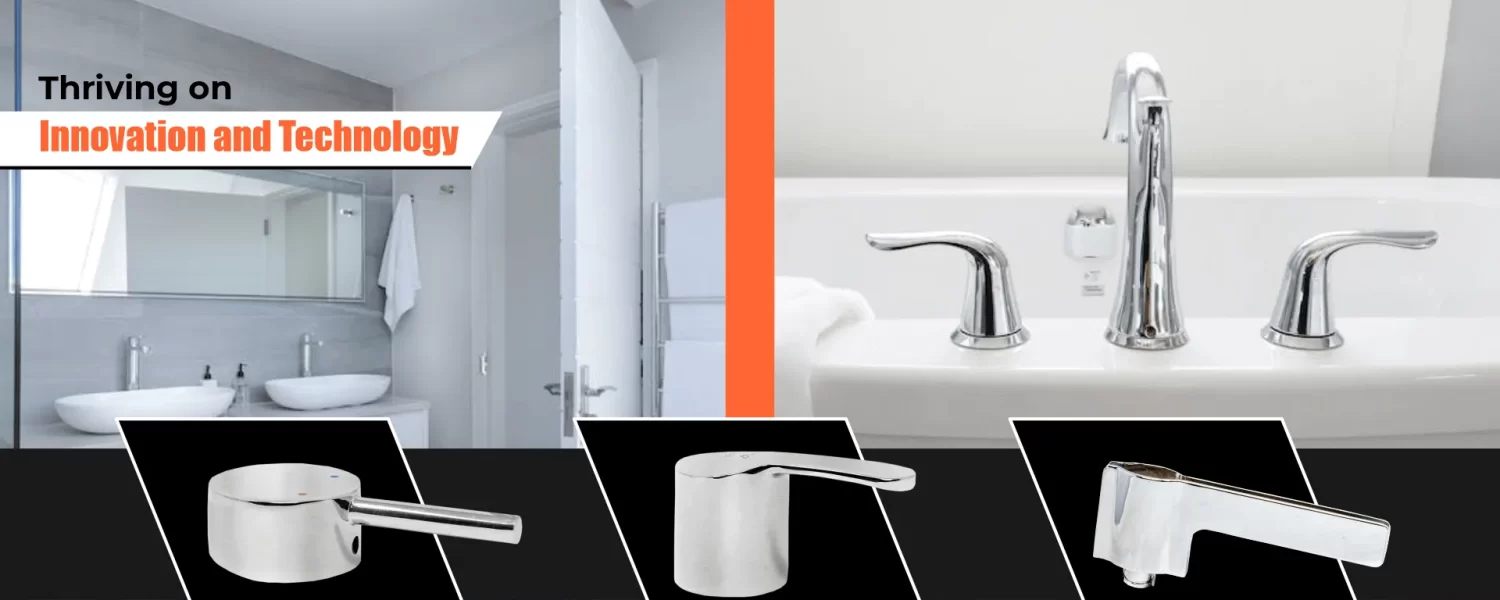
Dst-Tech Zinc Die Castings manufacturer
serve in 3 Key Segments
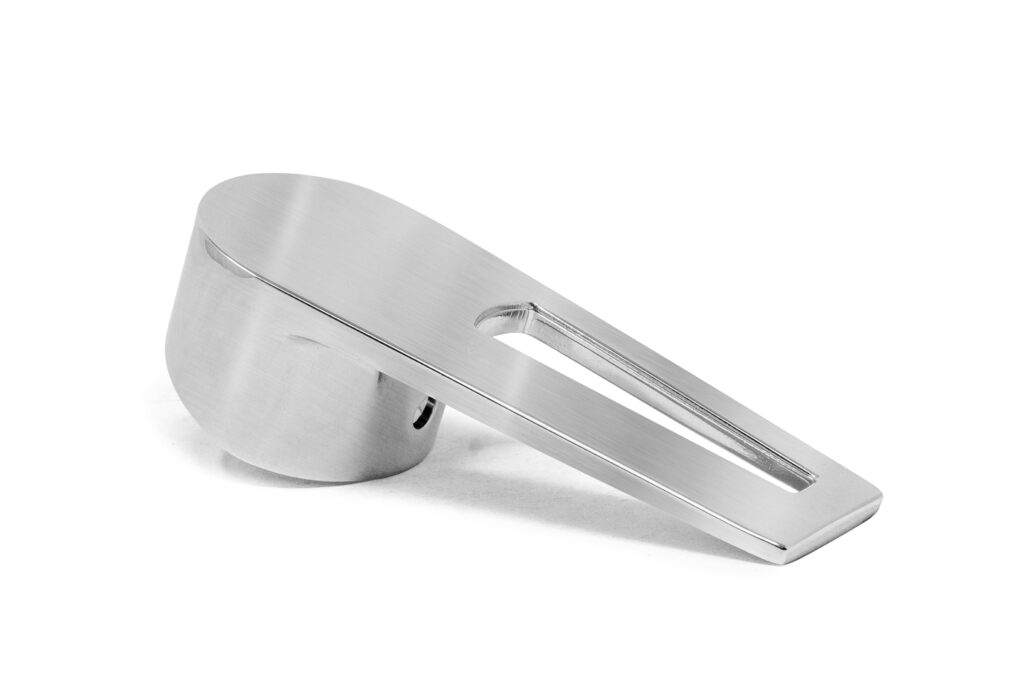
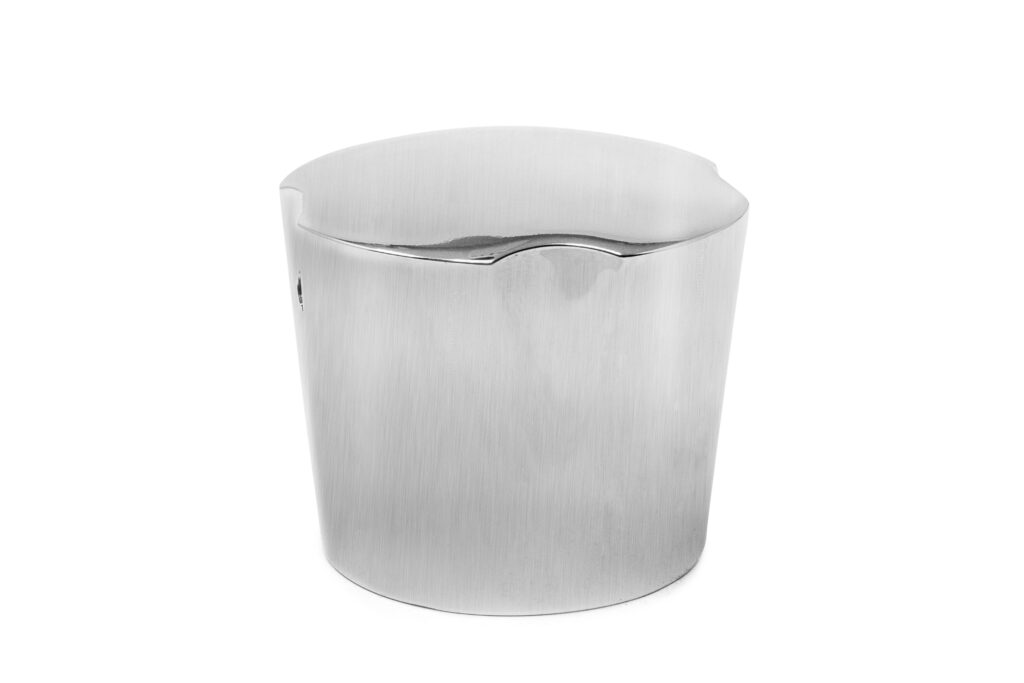
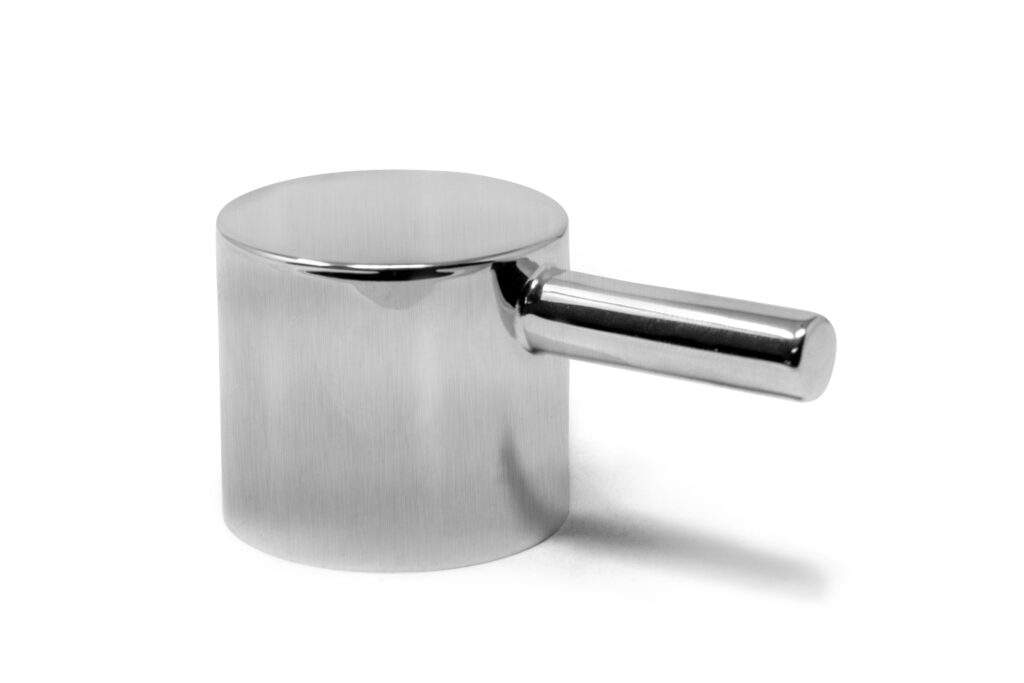
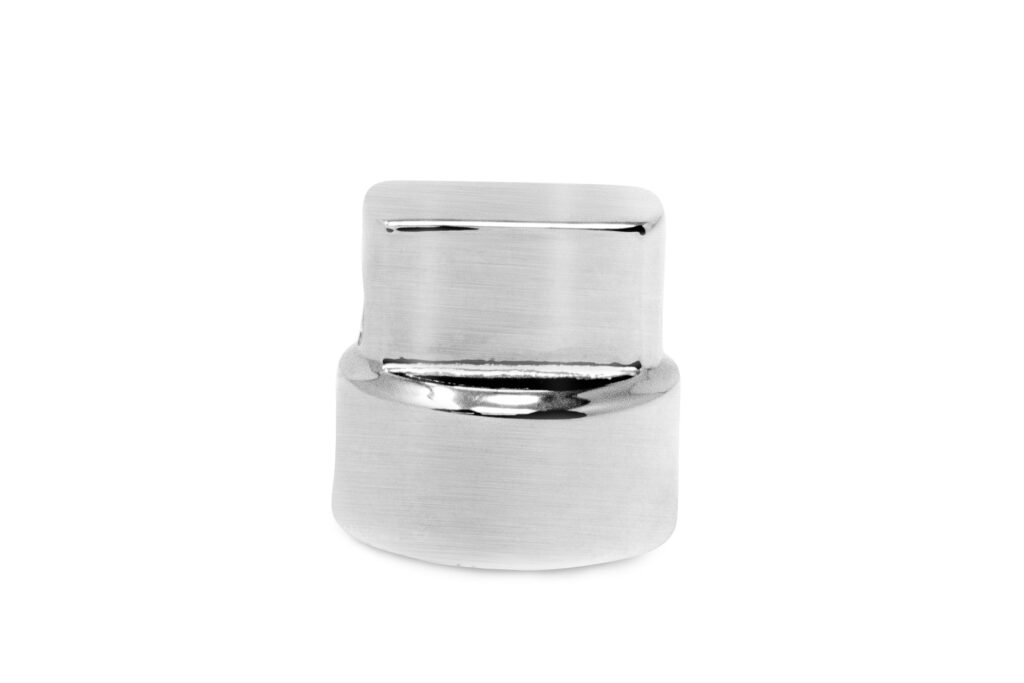
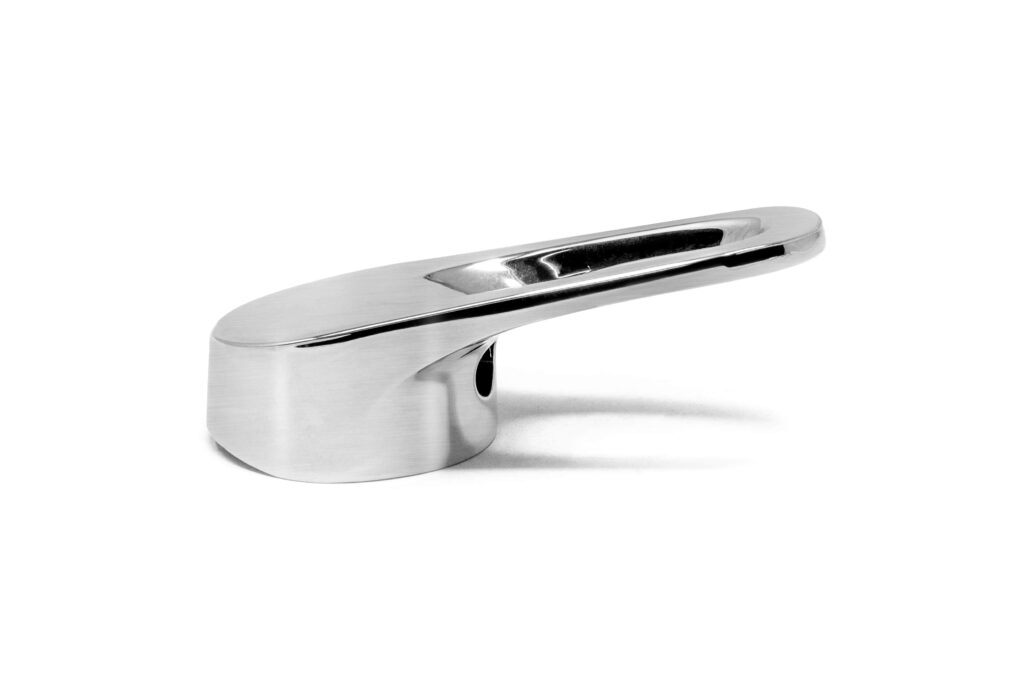
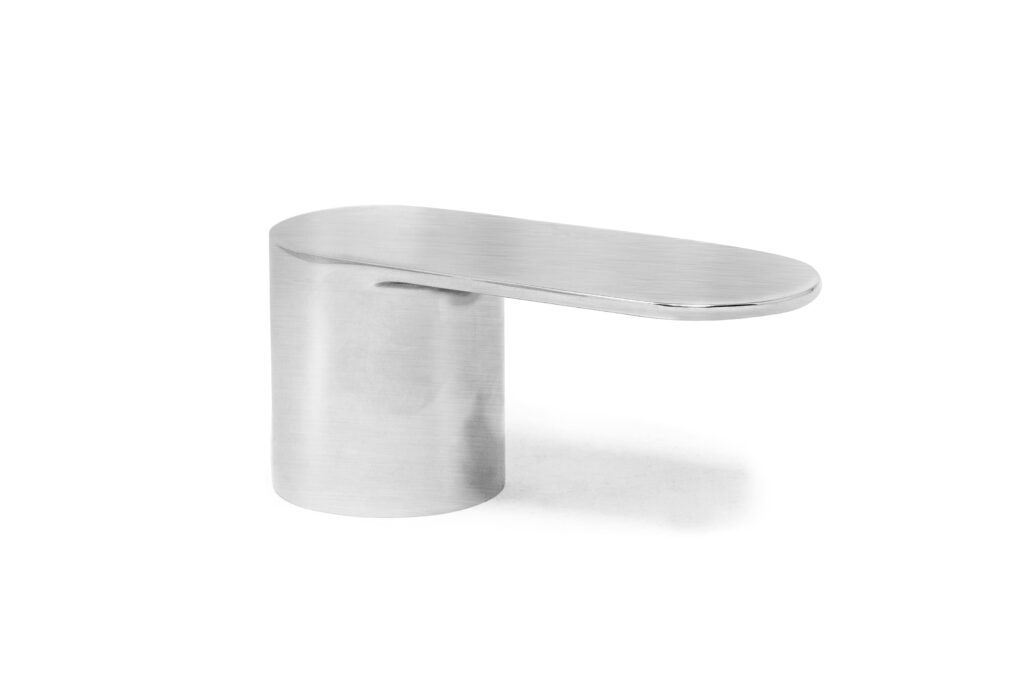
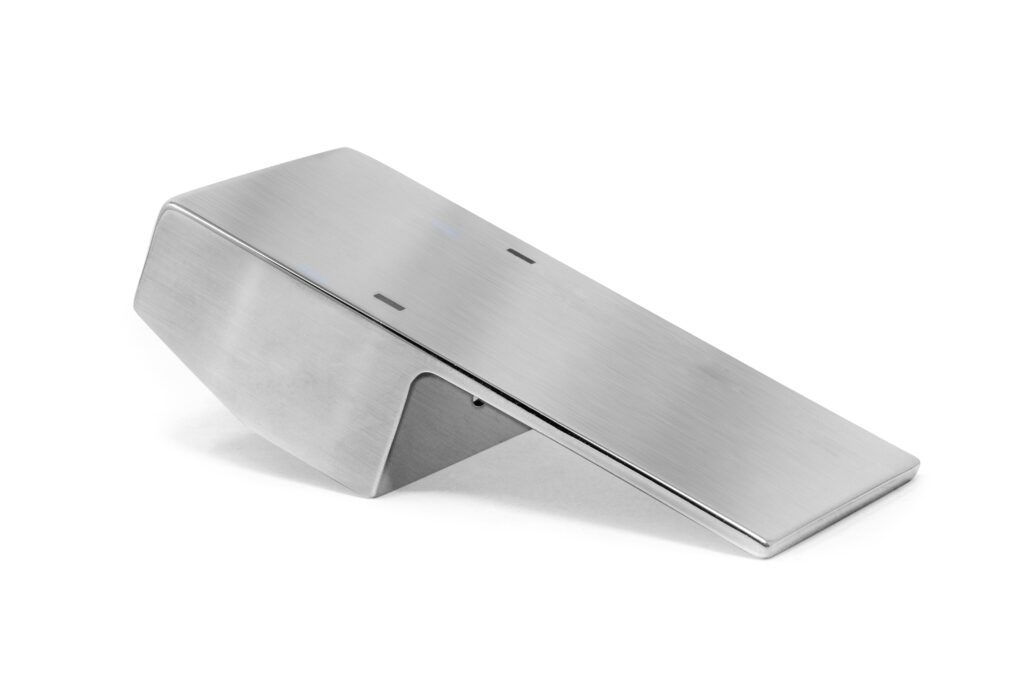
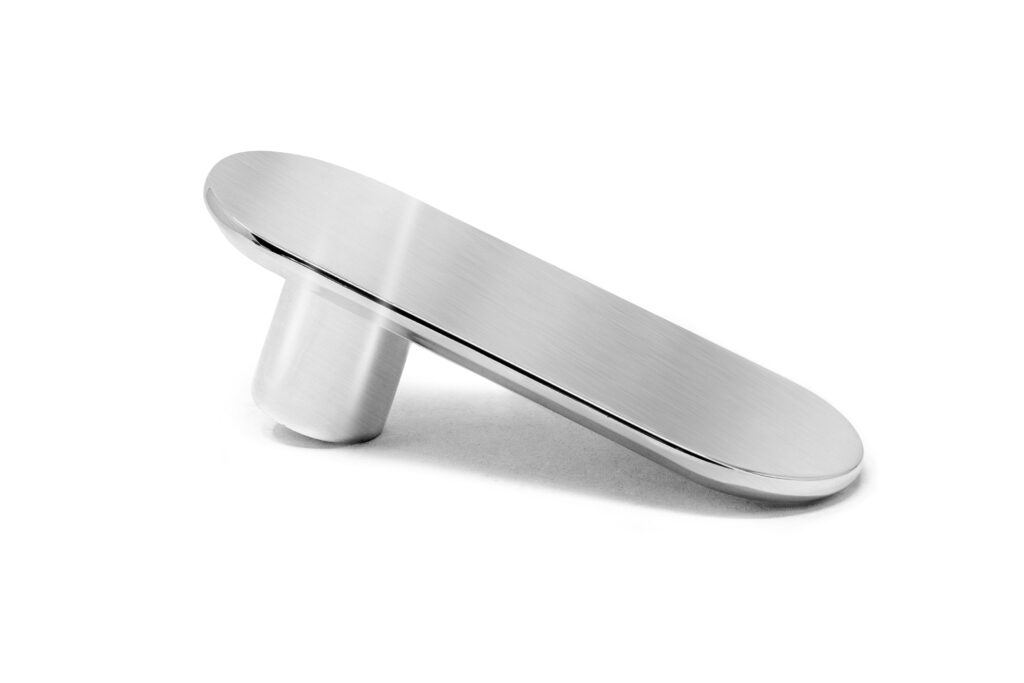
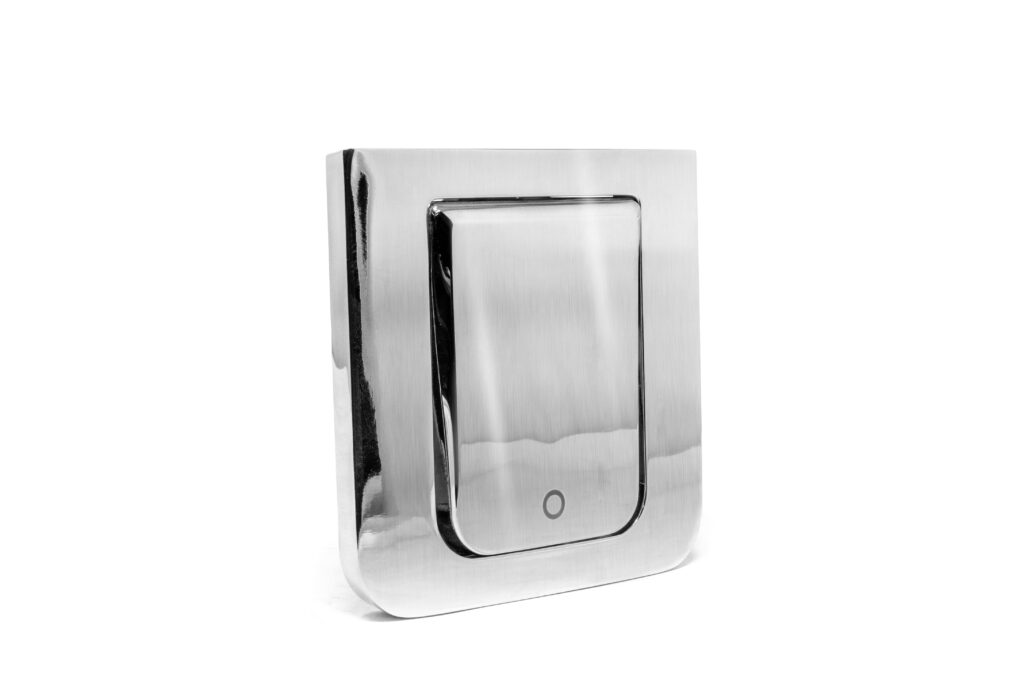
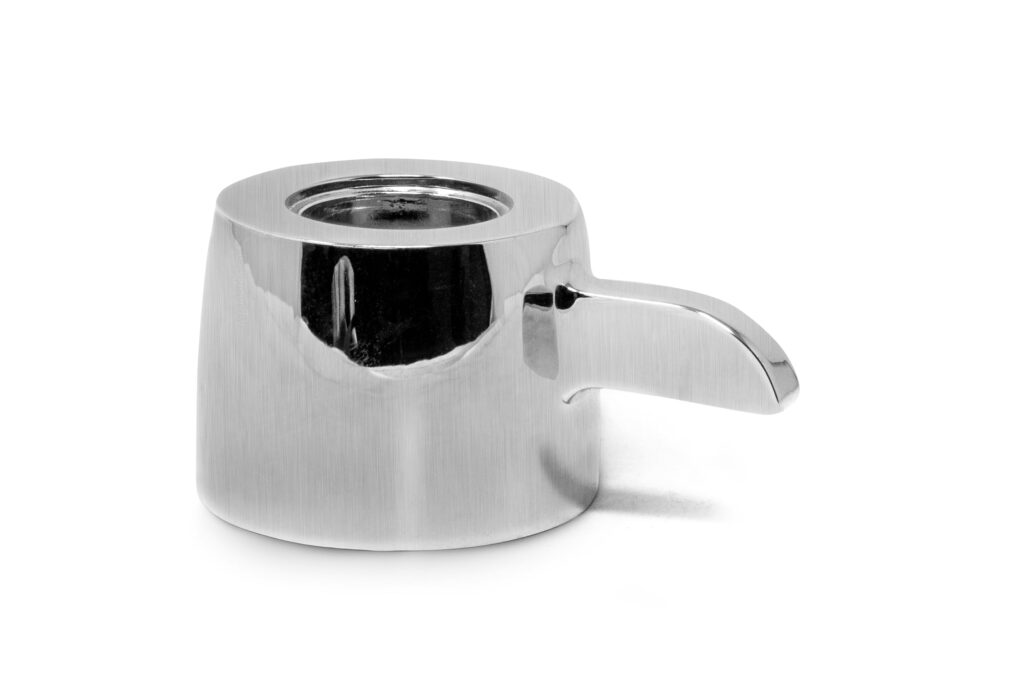
DST Tech Private Limited
Dst-tech is the leading die casting manufacturer for 3 segments in India, along with precision die casting, aluminum casting and more.
To us, Zinc Die Castings & Electroplating is not just a science but an art that resides in the soul of our product design engineers. We leverage the best of technology, research, and resources to deliver products to our clients worldwide. When it comes to the scientific designing of products for Decorative Hardware, Sanitary Hardware & Automotive parts for OEMs, we, at DST, claim to be among the best worldwide.
Why Choose Us?
We are manufacturers of “World Class Zinc Die castings and plated Hardware”. Our intent is to focus on uncompromising quality and constantly improving the customer’s experience. Our philosophy reflects in our products and services – where the driving force is maximum security, performance, and durability that is environmentally sustainable.
For more information about Bathware, Decorative Hardware, Security Locks & Lock Body, and Spiritual Gifts.
What are zinc die castings?
Zinc die casting involves melting zinc alloys and feeding them into the already prepared die casting mol. All this process will happen under lower heat due to low melting point, strength, and the physical abilities of the metal. The entire process of die castings is named after the hot chamber die casting process.

Process of Zinc die castings
Alloy die casting is generally referred to as the hot chamber die casting process but there are various steps and methods involved in this mechanism:
- Get the die ready: Before starting the process, the zinc die cast mold needs to be cleaned and should be impurities-free before the next step. Then the mold will be left to cool down after injecting a cooling lubricant.
- Melt and inject: Melt the zinc alloy before pouring it into the machine chamber, just make sure that the chamber’s temperature is set by keeping the melting point of the alloy in mind and has enough heat as zinc die castings requires enough heat till its melting point. After this molten zinc will be inducted into die cast mold in higher temperatures.
- Cool down: Let the zinc cool in the mold to take the shape of the mold. Now it is time to remove the zinc from the mold after giving enough time to cool down.
- Finish: In the finishing process of zinc die casting, extra material needs to be removed from the metal to bring it into perfect shape, in this process various machines are been used based on the technology of the industries.
All the extra materials that have been removed from the zinc will be used again in the form of recycling along with the process.
Product Engineering Processes
We are rigorous in our testing at various stages of production
to deliver consistent quality to our customers
1. Alloy test reports 2. Physical Appearance 3. Fracture Test for Grain structure and Consistency 4. Chemical Composition Analysis with Dimensional and Shape Analysis.
1. Melt Temp Control 2. Consistent In process Inspection 3. Machine Parameter setup & Control 4. Real-time Injection feedback for consistent shot monitoring
1. Gauges 2. Machining Jigs & Fixtures 3. Cutting Tools - cutting parameters 4. Surface Finish - use of appropriate cutting tools, coolant, and cutting parameters
1. Testing for Corrosion resistance 2. Largest electroplating shop in India 3. Test lab for process tank monitoring 4. Designs as per electroplating chemicals.
Cast Metals
The major casting alloys are:
- Zinc: Among all metals to cast, zinc allows it to be cast easily with its high flexibility, strength, and other key factors like melting point, and durability, also it is easily plated.
- Aluminum: Aluminum is one of the most commonly used metals to cast because of its low density, It contains low toxicants with high thermal conductivity, is easily cast, also has this unique feature of being non-sparking also is non-magnetic in nature which will help more while hard clamping.
- Magnesium: Aluminium and magnesium are known to be siblings in the metal industry and magnesium has almost similar properties to aluminum, Additionally, it is lighter, very strong, easy to cast, and is machinable.
- Copper: One of the most appreciated copper properties in the metal and die castings industry is that, it is one of the best conductors of both electricity and heat, When it is compared with zinc, copper is softer and easily polished and coated.
- Silicon tombac: Although silicon is one of the appreciated metals for die cast, it is not resistant to ammonia atmosphere, but has good friction-bearing features. High-pressure silicon tombac is also used as an alternative to cast steel parts in rare cases .
The Advantage of Zinc Die Castings
Surface Finishing
Zinc Die Castings can have practically any desired visual quality and coating durability when the finish is appropriately chosen and applied.
Reduced assembly operations
Complete assemblies can be cast as a single piece, doing away with the necessity for pricey manual assembly procedures.
Extended tool life
Tool life typically exceeds 1 million pieces, which significantly lowers tooling and machine utilization costs.
Faster production
Zinc metal casting is a process that involves injecting molten zinc into a mold to create intricate detailed parts.

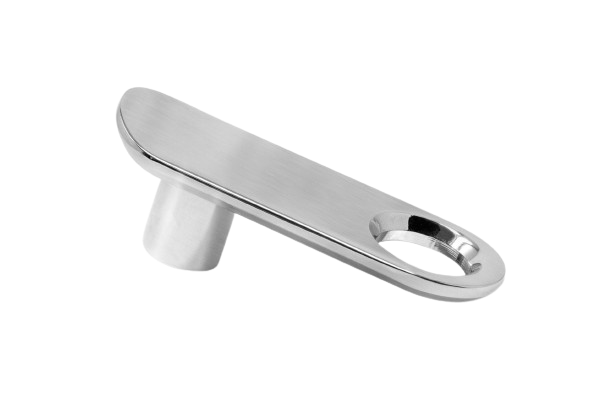
Eliminate bearings & bushings
Zinc die castings’ superior bearing and wear characteristics enable more design freedom and lower fabrication costs by doing away with small bushings and wear inserts.
Less material is required
Because of the higher casting fluidity, stiffness, and strength of zinc die castings, thin wall sections may be designed that are lighter in weight and use less material.
Choice of low, medium, and high production
There are numerous zinc die castings methods available to manufacture cast items in any quantity and size affordably.
1. Alloy test reports
2. Physical Appearance
3. Fracture Test for Grain structure and Consistency
4. Chemical Composition Analysis with Dimensional and Shape Analysis.
1. Melt Temp Control
2. Consistent In process Inspection
3. Machine Parameter setup & Control
4. Real-time Injection feedback for consistent shot monitoring
1. Gauges
2. Machining Jigs & Fixtures
3. Cutting Tools - cutting parameters
4. Surface Finish - use of appropriate cutting tools, coolant, and cutting parameters
1. Testing for Corrosion resistance
2. Largest electroplating shop in India
3. Test lab for process tank monitoring
4. Designs as per electroplating chemicals.
The Best Industry And Company Services
Dedicated Customer Teams & An Agile Services
Testimonial
What they say about us



Support brand
Lorem ipsum dolor sit amet, consectetur adipiscing elit. Ut elit tellus, luctus nec ullamcorper mattis, pulvinar dapibus leo.








